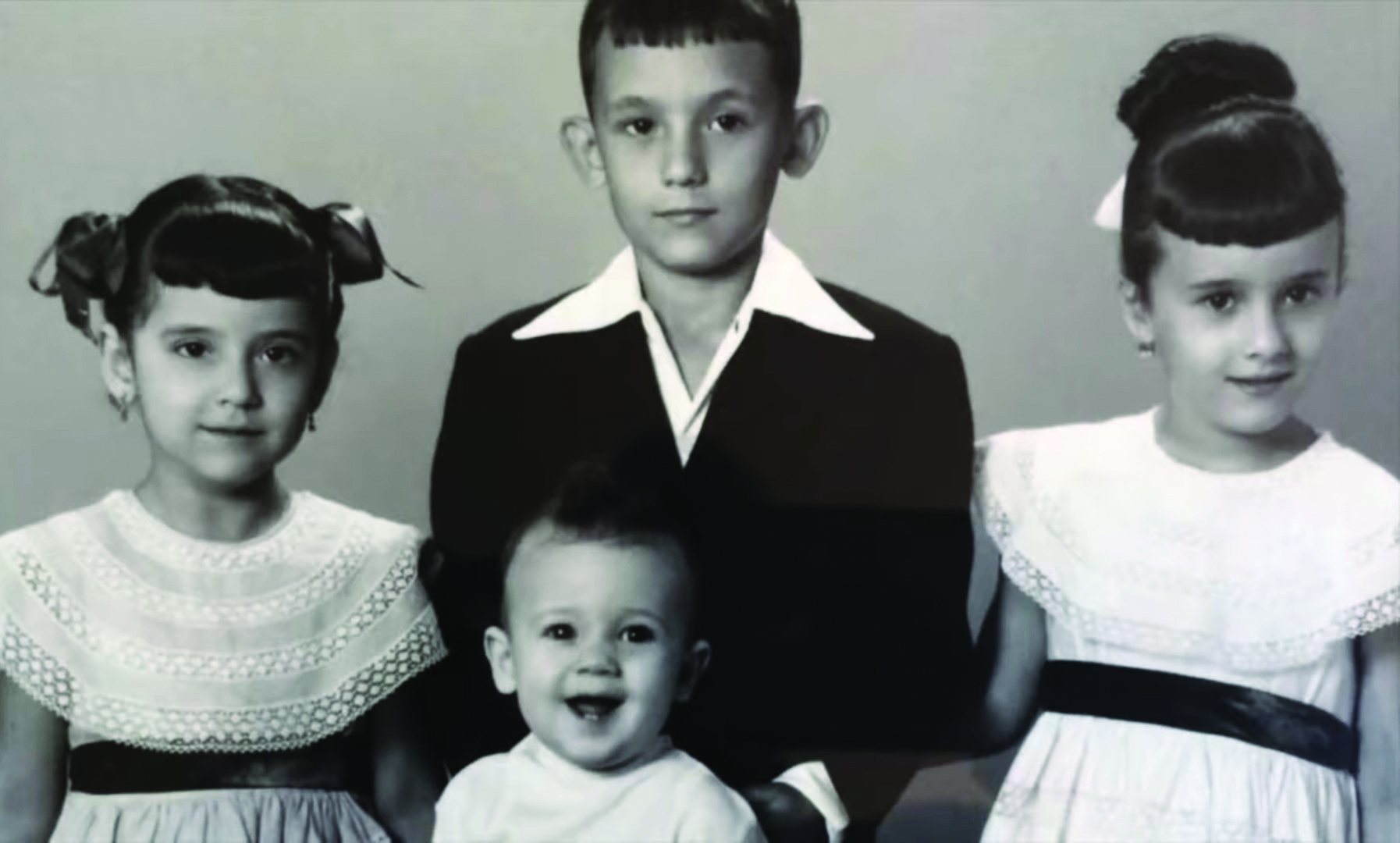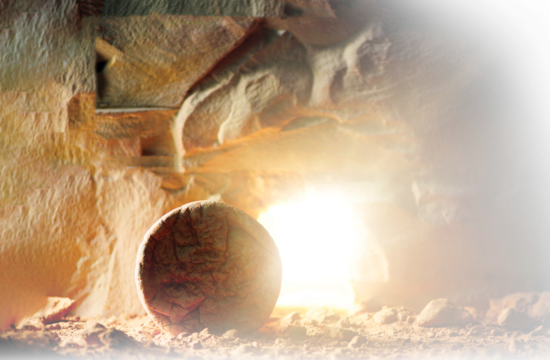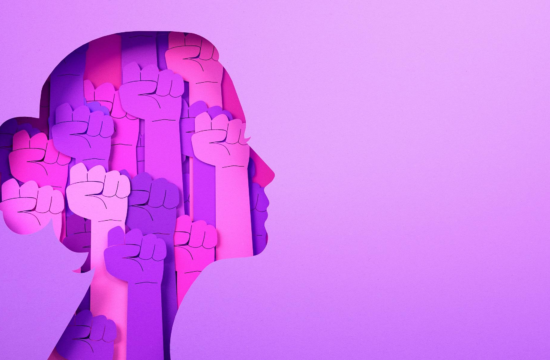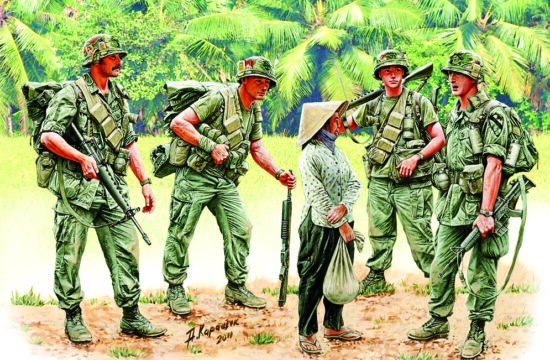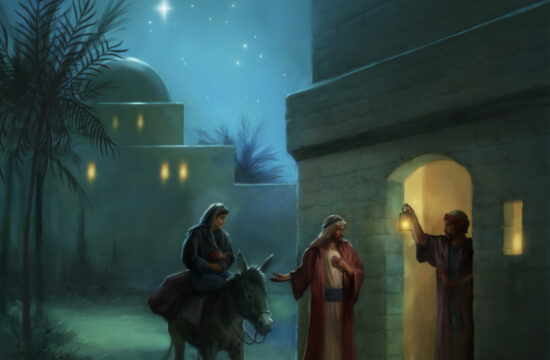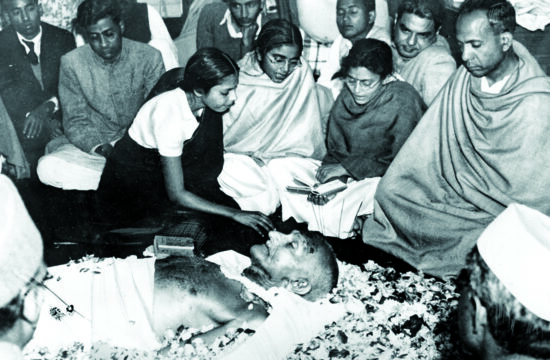If the young Arturo Sosa met you today, do you think he would be satisfied?
I think he would say “Well done” to me because I have done what I have enjoyed and that has made me happy. And yet I once dreamt of being a doctor because I love biology and anatomy. I spent my time opening up animals like frogs and rats. I even owned a collection of spiders, which completely terrified my mother. If I put it in front of my bedroom door, she wouldn’t come in. But what finished off my calling to medicine was the discovery that I fainted whenever I saw blood. So by the end of high school, I no longer had that dream, and a vocation as a Jesuit, which was always linked for me to social and political issues, the reality of my country, and the chance to serve those in the greatest need, attracted me more.
What was your relationship like with your parents and close family?
I grew up in an extended family. I am the eldest of six siblings: four girls and two boys. Until I was 10 years old, we lived in the house of my maternal grandfather in Caracas, but we always had a close relationship with my paternal grandparents. Then my father and one of his brothers bought some land together and built two houses next door to each other, with a shared garden. My uncle and aunt also had six children, so it was really like a permanent party. We were also close to our neighbours and friends. Those were the days when you could walk freely through the streets of Caracas.
What did your parents do for work?
My father was the first person in his family to get a university degree, in law and economy. Then he worked for a group of businesses and created his own finance company. I used to say that this was down to me because he set it up the year I was born. He worked hard but also spent time at home. We had a really good relationship, and I often accompanied him on his travels through Venezuela, which was my first exposure to the country as a whole. I also had a very good relationship with my mother, who never finished high school as, due to a revolt in Venezuela, she wasn’t able to take her exams. Later on, she married and devoted herself to her children.
I always felt very free: we were brought up to take personal responsibility and enjoy the freedom that goes with that. My parents encouraged us to invite friends home rather than having us go out on our own. I recall that we used to talk a fair bit and our grandparents were very much part of that. We would chat, above all with my grandfather Arturo, who was paralysed due to polio and was a great conversationalist.
Your first contact with the Society of Jesus was while you were a pupil at the Colegio San Ignacio in Caracas. What was that period in your life like?
My father had been at the school, although my mother’s family was linked to the Sisters of St. Joseph of Tarbes and the De la Salle Brothers, who had educated my uncles. In those days, school filled up almost all our time, to the point where my father asked me, as a joke, if I lived at school or at home. As well as our classes and other activities, I remember that on the weekends we would visit the pediatric hospital of the Brothers of St. John of God to play with the children who were patients there. This made a real impression on me. I was struck by the friendliness and goodness of the Jesuit brothers at the school. That was the starting point for my vocation.
Fr. Arturo Sosa, SJ is the Superior General of the Society of Jesus. These excerpts are taken from his book, Walking with Ignatius.


